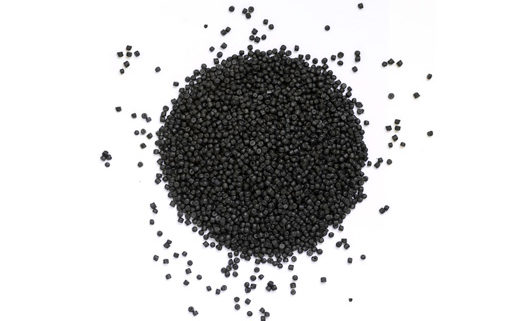Europe gets back on the circular economy track
After months of uncertainty surrounding the European Union’s circular economy package – a set of laws and policies designed to help accelerate the transition to a more restorative, ‘waste-free’ economy – there is some good news.
Following the 2015 European Circular Economy Conference in Brussels earlier this month, the European Commission has announced that the revised package will be even more ambitious. In particular, it will include country-specific waste-reduction targets and a roadmap to encourage more businesses to adopt closed-loop models. The new package is due to emerge later in 2015.
“Both these aspects – the waste targets review and the roadmap – will come together before the end of this year,” said Karmenu Vella, European Commissioner for Environment, Maritime Affairs, and Fisheries. “The more I look at the two sides – the environment and the economy – the more convinced I become that the way forward is to fully integrate resource efficiency into the way we do business in Europe.”
The new package will also seek to address a range of economic sectors in addition to waste management, according to Vella, who added that the new package will offer an opportunity to “transform Europe into a more competitive, resource-efficient economy.”
First announced in July 2014, the European Commission’s circular economy package featured a proposed 70% recycling and reuse target for 2030. It also included a requirement for member states to recycle 80% of packaging waste by 2030. But in December 2014, the Commission indicated that these plans would be scrapped in favour of something more ambitious.
In 2010, total waste production in the EU amounted to 2.5bn tons, of which only 36% was recycled. The rest was landfilled or incinerated, yet 600m tonnes could have been recycled or reused, protecting the environment and adding value to the economy. Recent research by WRAP indicates that a circular economy could create more than 200,000 jobs in the UK alone.
Vella said that the Commission will continue to promote eco-innovation and investment in clean technologies. This stands to deliver savings of €600bn for businesses in the EU, while reducing greenhouse gas emissions.

